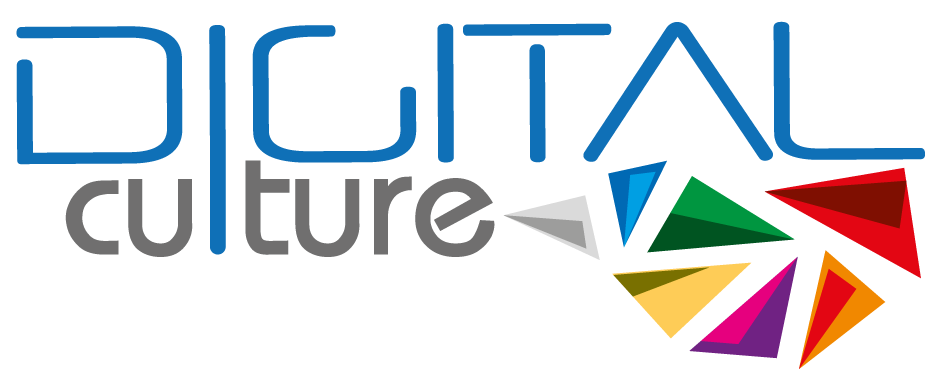O4 Digital Skills E-Assessment and Open Digital Badges for Adult Education
To date there is no official digital tool for self-assessment for Digital Skills, apart from one development in 2014 from Spain as a free online Self Diagnosis Tool for testing one’s level of digital competence based on the DigComp framework. Currently the EU is planning to implement a similar tool (EU Science Hub, 2017). We do not intend to fully develop a self-assessment tool as this would be beyond the scope of the project, but we intend to have an enhanced approach which will include different modes of assessment for digital skills and provide assessment opportunities for our cultural target groups.
This IO will be influenced by the guidelines developed in O1 as well as the quality assurance criteria defined in O6 and integrated in O2 the Virtual Learning Hub.
The Digital Skills E-Assessment covers different forms of digital self-/assessment including digital evidence (such as testimonials, digital assets, e-portfolios, audience building) applied as elements of open credentials. This form of Digital Skills E-Assessment will also encourage digital social inclusion as low digital skills adults will be able to gain credentials by using simple digital evidence. The final output will be integrated in the VLH as the assessment of digital skills for the key stakeholder groups: cultural and heritage organisations, cultural managers, cultural and heritage actors. By using this tool, both individuals and organisations will be able to assess and analyse the digital skills required for culture and heritage and will be able to identify solutions for developing those skills.
The digital skills included will be directly linked to the DigComp 2.0 as defined by EC and to the course modules from O3.
These digital skills will be validated in the open digital credentials based on the Mozilla Open Badges standard and adjusted to enhance their recognition on the cultural and heritage work market. This part of Output 4 will be carried out taking into account the evolution of course piloting in O5 and the evaluation of the course effectiveness in O6. It will also consider the recommendations of European policy makers related to the criteria for defining and assessing digital skills and the quality assurance criteria for issuing Open Badges as a training program validation. These badges will be directly linked at a secure level with existing online professional networks (e.g. LinkedIn) as their digital code could be inserted by each validated learner into these networks or into their personal site or blog. This will be a new innovative form of validation of a training programme, quite common nowadays in MOOC integration, but not recognised directly by the adult training validation structures. In those partner countries where the legislation is strict in the validation of adult training, a combined approach will be used. This will mean that assessment through testing and examination will be included to complete and validate the competences gained by the learners in the Digital Skills for Culture Online Course.
Output Type: Methodologies / guidelines – Evaluation method and tool
O4.1 Digital Skills E-Assessment Tool
The e-assessment tool will be produced using agile development methods and user centred-design, by the direct involvement of end-users represented in the project by the cultural associations. Based on the design brief, from O1, a simple mock-up of the e-assessment tool will be produced and tested with cultural stakeholders. The tool will be peer reviewed within the partnership before final adaptations and validation, and then integration in O2 VLH.
The milestones are (see timeline attached):
O4.1.1: Design of the e-assessment tool. Test and validate.
O4.1.2: Produce content for the tool
O4.1.3: Technical development of the tool
O4.1.4: Integration of the tool in VLH
O4.1.5: Peer review and validation of the e-assessment tool
Leading: AAU
Participating: all
O4.2 Design and integration of Open Badges
Based on the conceptual guidelines from O1, the structural framework of the 21 digital competencies as defined in DigComp 2.0, Open Badges will be designed following the design thinking approach which will be used to consider issues and resolve current problems around creating credentials for digital skills in the specific target group of the cultural and heritage sector. A number of design tools such as Badge Design Canvas and Visual Design Templates will be used to support the design process. Open Badges will be integrated into the VLH in O2. The resulting Open Badges will include a digital secure code which can be linked and included in existing online professional networks or into the stakeholders organisation or personal site or blog.
The milestones are (see timeline attached):
O4.2.1: Definition and design of the open badges for digital skills
O4.2.2: Set of Open Badges for Digital Skills
O4.2.3: User-Testing and report
Leading: AAU
Participating: all


